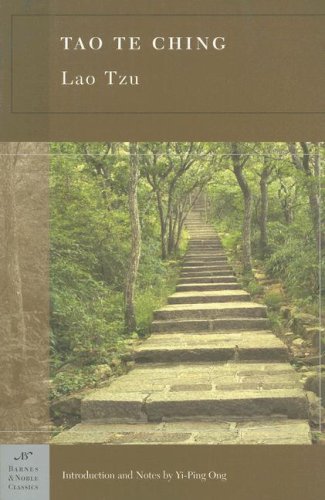“ובכן,,,זה ספר לכל אחד וזה ספר לאף אחד
זה הספר הראשון שבטרם אני כותב אודותיו ביקורת ידי האחת רועדת מול המקלדת
לפני שנים,,,,
איש דתי נתן לי אותו במתנה כ "סרח עודף" בטרם ישליך אותו לפח האשפה
ואני ידעתי את ערכו הרב של הספר ולכן העמדתי פנים אדישות כדי שלא יעלה המחיר
כשהגעתי הביתה ליבי הוכה בתדהמה ,באלם
ספר זה הוא אוצר בלום מרוכז ותמציתי של הגיגים של חכם סיני לאו צה
שכבודו ירד בעיני המלך והוא”







